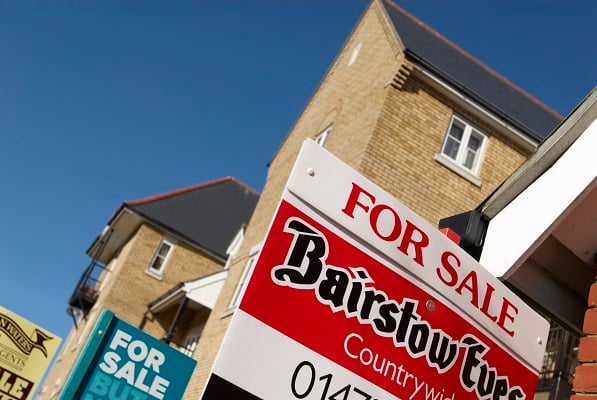What is the Electrical Certificate?
The Electrical Installation Condition Report, or EICR, as it is commonly known, is a health and safety assessment of the installation and current condition of the electrical system in a property. The EICR inspection is an important way to identify any potential defects in the electrical system which could potentially be dangerous to users.
What are the legal requirements?
Many property owners will already be aware of the recent changes in the legislations surrounding electrical safety checks. However, if you are not, it is important that you know exactly what the legal requirements are so you are able to make yourself fully compliant.
The exact requirements will vary depending on what you plan to do with your property. In the most recent of the legislation changes, which came into effect on June 1st 2020, all landlords looking to rent out your property in the private sector, will now be required by law to provide a valid Electrical Certificate. This applies to landlords looking to start a new tenancy, or renew an existing one – a ‘satisfactory’ electrical report must be provided before any tenants can move in. If you are a landlord with tenants already in place, producing a valid report will still be required, however, the deadline for this is 1st April 2021.
If you are a private household, at present, there is no legal requirement for you to have an EICR. However, it is highly recommended for both your own peace of mind and the health and safety of those living in your property.
How long should an EICR inspection take?
As you can imagine, this will largely depend on the size of your property and the number of electrical circuits in the system. For those with larger family houses, you should allow the best part of three to four hours. If you have an apartment, you should typically need to allow the engineer around 60-90 minutes. If the engineer finds faults with the system then the inspection can take longer. It is important to note that the electrical certificate is a very thorough and in-depth inspection so be patient!
Can my property fail the inspection?
With health and safety guidelines being continuously updated, there is a chance that older electrical systems may contain elements that do not meet the current standards. If this is the case with your property, the electrical engineer will make a note which specific part of your installation does not meet the regulations and why. Any faults detected in the electrical system are marked using a coding system.
Where a C1 code is noted on the electrical certificate, there is ‘danger present’ and risk of injury is likely so immediate action is required. A C2 code is used to describe a fault that is potentially dangerous – remedial action is urgently needed. If your property records a C3 fault, it means that improvement to your electrical system is recommended. It is important to know that if you record a C3 code, you can still pass the test.
What should I do if my property fails?
In a situation where your property does not record a satisfactory report, you have 28 days to address the issues, have the remedial undertaken and a new electrical safety certificate issued. Landlords then have a further 28 days in order to provide your tenants with their copy of the electrical certificate.
How long is an EICR valid for?
In the rental sector, current legislation states that the electrical report is valid for a period of five years. For private households, the current guidelines recommend to have the report renewed every 10 years.
What are the penalties for not having one?
Failure to comply with the regulations is taken very seriously and is enforced by your local authority. Approximately 50% of all household fires across the United Kingdom are due to electrical faults so it is important to ensure your certificate is always kept up to date. If you are not able to produce a valid report when requested by your local authority, it can lead to civil penalties of up to £30,000 per breach of the regulations.
Where can I book an electrical certificate?
Now you are aware of your legal obligations surrounding an electrical certificate, the next step is to know where you can book an experienced and fully qualified electrician. The answer is simple – just get in contact with MyConstructor. They provide a home services platform which offers you price comparison on a comprehensive nationwide network of fully qualified electrical engineers. All you need to do is enter your postcode, select the number of bedrooms, then choose a qualified electrician in your local area! Book online at the best possible price!





Leave a Comment